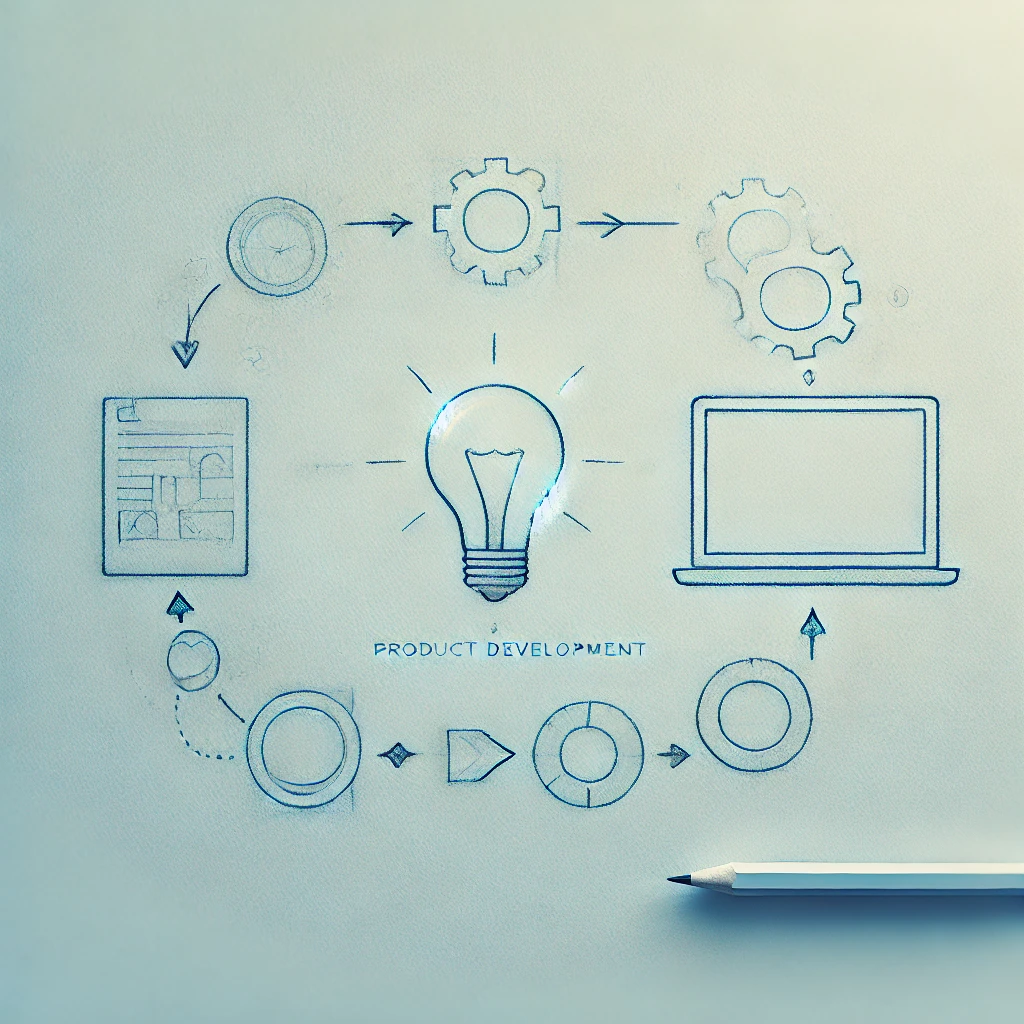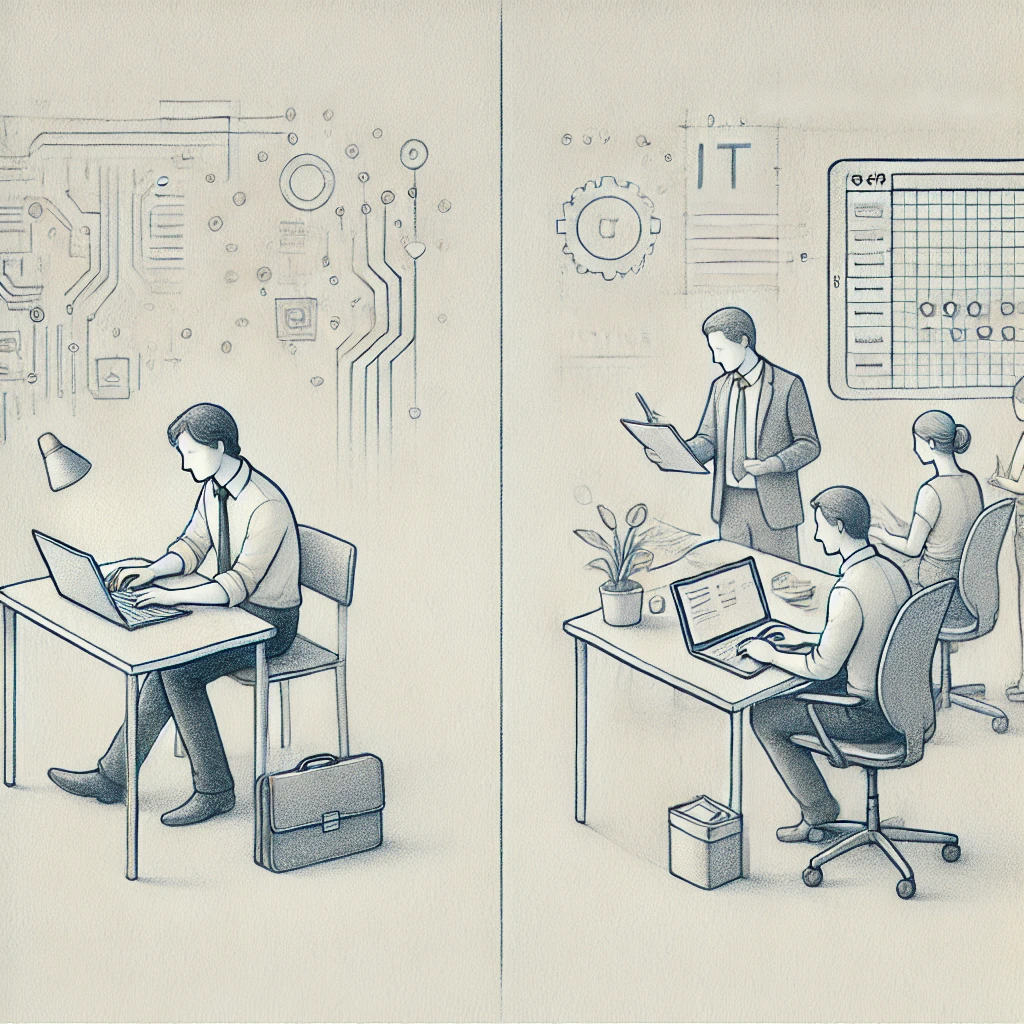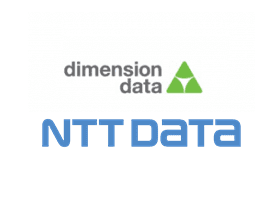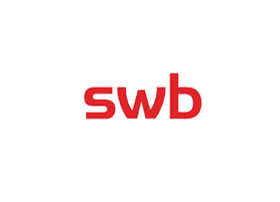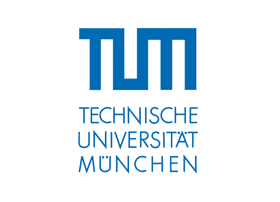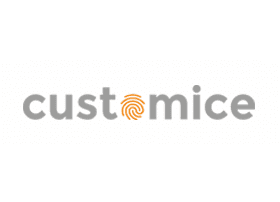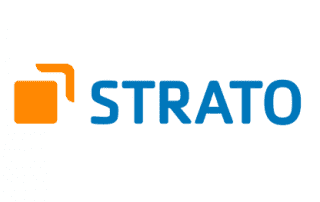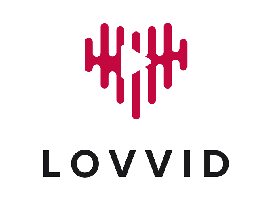How can the digitalization of business processes make my company more efficient?
– A guide. –
The digitalization of business processes is now an essential topic for companies that want to remain competitive. It involves the automation, optimization and networking of processes through the use of digital technologies. It is not just about technological changes, but also about the possibility of making workflows more efficient and achieving greater flexibility. From reducing errors to faster decision-making, digital processes offer a wide range of benefits that help companies to position themselves for the future.
In this guide, you will learn how digital processes can not only make your company more agile, but also more cost-efficient and productive.

Content
1 What does digitization of business processes mean?
The digitalization of business processes refers to the transformation of traditional, mostly paper-based or manual processes into digital workflows. This transformation takes place through the use of software solutions that automate tasks, process data in real time and provide information centrally.
Example: The transition from manual to digital invoicing
A classic example is digital invoicing. Instead of creating invoices manually and sending them by post, they can be generated automatically by an ERP system and sent directly by email. This not only saves time, but also reduces errors and costs.
2. advantages of digitization for increasing efficiency
The digitalization of business processes brings with it numerous advantages that have a direct impact on a company’s efficiency. Here are the most important ones:
- Automation of recurring tasks: Many processes that were previously carried out manually can be automated. This saves time and reduces the error rate.
- Real-time information processing: Digital systems make it possible to process and analyze data in real time, which leads to faster and more informed decisions.
- Optimized communication and collaboration: Digital platforms enable employees to collaborate and share information more efficiently across locations.
- Cost reduction: By using digital technologies, companies can reduce costs, for example by eliminating paper, postage and manual processing.
- Better traceability and transparency: Digital processes offer seamless documentation and traceability, which increases transparency and makes it easier to adhere to compliance guidelines.
3. concrete examples of digitalization in various areas of the company
- Finance department: Automated accounting software enables precise and fast processing of invoices and payments.
- Human resources: Digital personnel files and automated applicant management systems simplify administration and improve efficiency in HR.
- Customer service: The use of CRM (Customer Relationship Management) systems enables better tracking of customer inquiries and personalized customer care.
- Production and logistics: In production, the use of IoT (Internet of Things) can increase efficiency by monitoring machine statuses in real time and identifying maintenance requirements at an early stage.
Example: Improving the supply chain with digital tools
Digital tools such as supply chain management systems (SCM) enable optimized planning and control of the supply chain. They provide a real-time overview of stock levels, suppliers and customer requirements, which leads to a reduction in storage costs and improved delivery accuracy.
4. challenges in digitization
Although digitalization offers numerous advantages, companies also face a number of challenges:
- Implementation costs: The introduction of new technologies can be associated with high initial investments.
- Employee training requirements: Employees often need to be comprehensively trained in order to use new systems effectively.
- Data security: Digitalization also increases the risk of cyber attacks, which is why robust security measures are necessary.
- Resistance to change: Changes to established work processes can meet with resistance, especially if employees fear that their work will become redundant.
5 Success factors for successful digitalization
In order to successfully implement digitalization, companies should consider the following success factors:
- Clear strategy and objectives: Define clear goals for digitalization and create a detailed plan for implementation.
- Involve employees: Involve your employees in the process at an early stage and offer training to ease the transition.
- Flexibility and adaptability: Remain flexible and ready to continuously optimize and adapt processes.
- Security concept: Develop a comprehensive security concept to protect data and processes from cyber threats.
6 How can small and medium-sized enterprises (SMEs) benefit from digitalization?
Many small and medium-sized enterprises (SMEs) often see digitalization as a challenge as they work with limited budgets and resources. However, SMEs in particular can benefit considerably from digital processes and gain a competitive advantage as a result.
Digital opportunities for SMEs:
- Automation relieves employees: routine tasks such as accounting or customer communication can be automated by software, leaving more time for strategic tasks.
- Customer loyalty through digital tools: CRM systems make it possible to better understand customers and implement targeted marketing measures.
- New business models: By using digital technologies, SMEs can offer innovative services and products, such as e-commerce or digital consulting.
- Use funding programs: There are numerous government funding programmes that provide SMEs with financial support for digitalization.
Case study: Digitalization in the hospitality industry
A small restaurant uses a digital reservation system that allows guests to book a table online. This reduces calls, improves service and makes optimum use of free capacity.
7. digitalization and sustainability: how digital processes protect the environment
The digitalization of business processes not only brings efficiency gains and cost reductions, but also helps to protect the environment. Companies that rely on digital technologies can significantly reduce their ecological footprint and benefit from sustainable business practices at the same time.
How digitalization has a positive impact on the environment:
- Paperless office: digital workflows, electronic signatures and cloud storage drastically reduce paper consumption.
- Reduction of business travel: Virtual meetings and collaboration tools make it possible to minimize travel, which reduces CO₂ emissions.
- More efficient use of resources: Digital systems optimize the use of energy, raw materials and production resources, which reduces waste and wastage.
- Remote work: Home office solutions save resources such as energy for office space and reduce commuter traffic.
Example: Sustainable logistics through digitalization
The use of telematics systems and AI can make supply chains more efficient. This leads to shorter transport routes, optimized vehicle utilization and lower fuel consumption.
Sustainability as a competitive advantage
More and more customers prefer companies that act sustainably. A digitalized, environmentally friendly way of working is not only good for the environment, but also a positive factor for the company’s image
8. conclusion
The digitalization of business processes offers considerable potential for increasing efficiency in your company. From automation and real-time information processing to improved collaboration – digital processes are the key to a future-proof company.
The experts at BITS are at your disposal with their extensive know-how to support you in the digitalization of your business processes.
Contact us for comprehensive advice and implementation so that your company can also take full advantage of the benefits of digitalization.
GET IN TOUCH WITH US
“We are happy to support you in the digitalization and automation of your business processes.”
Marc Schallehn, Managing Director BITS GmbH

Gerne unterstützen wir Sie bei Ihren IT Projekten. Ich freue mich über Ihre Kontaktaufnahme.
CONTACT
Would you like to find out more?
Are you interested in learning more about the possibilities of digitization in your company? Are you facing similar challenges or have you planned specific projects in your company? Please contact us for a detailed consultation.
Send us an e-mail directly to [email protected] – we look forward to working with you to shape the future of your IT landscape!
You can also make an appointment directly in our calendar.
OUR CUSTOMERS AND PARTNERS
OUR CUSTOMERS AND PARTNERS
Gemeinsam, zuverlässig und langfristig wollen wir als IT-Dienstleister Sie bei Ihren IT-Vorhaben unterstützen. Eine Auswahl unserer Kunden, Partner sowie Branchen finden Sie in diesem Abschnitt.









